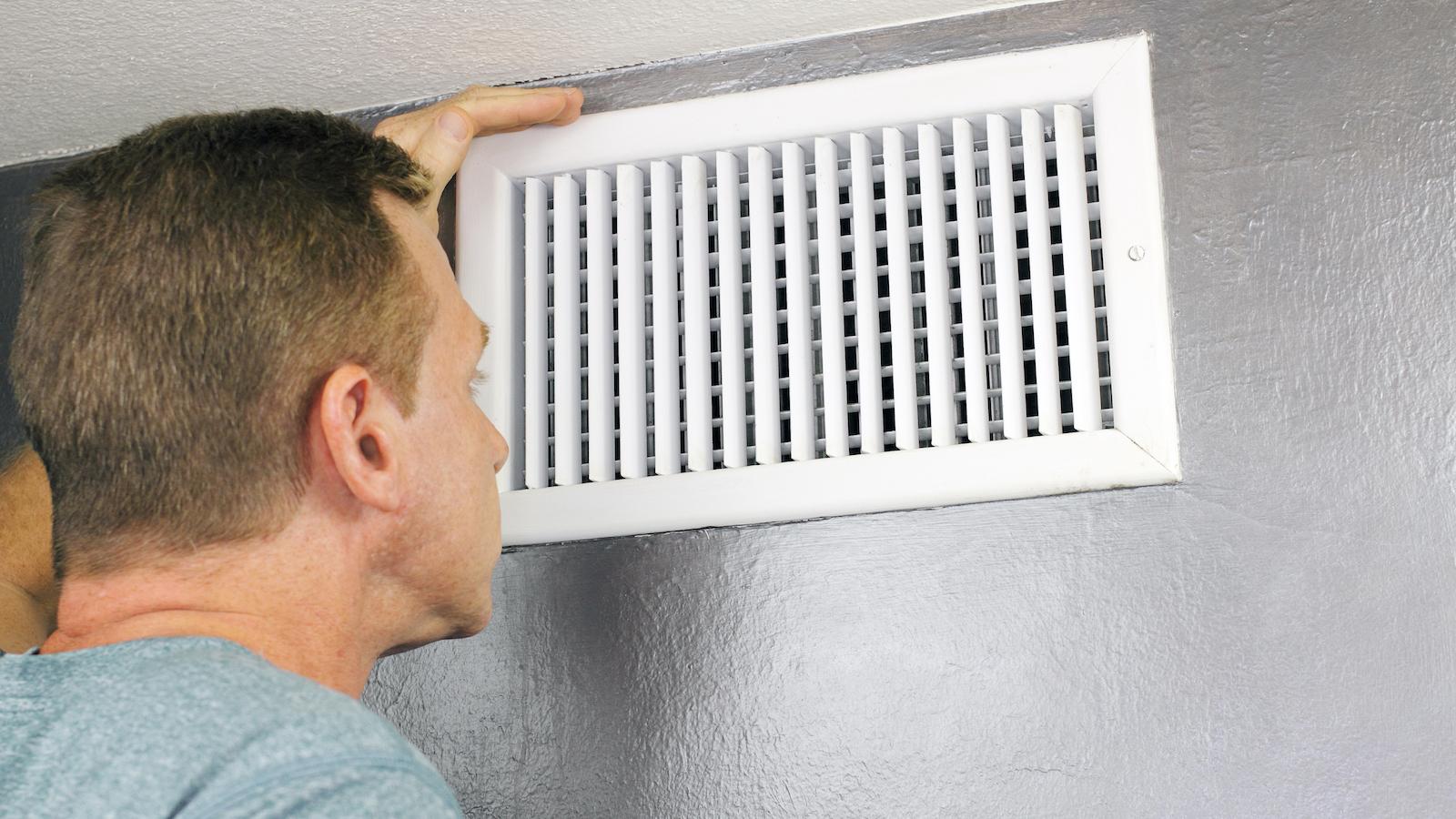Troubleshooting5min read
Why Your Heater Smells Like It’s Burning
First time firing up your heater this season? Find out what furnace smells are normal and when to get expert help.

First time firing up your heater this season? Find out what furnace smells are normal and when to get expert help.

Getting Started Guide
Learn helpful HVAC tips and tricks before you purchase your system.
Warranty & Registration
A healthy HVAC system can last longer and save money. Maintain your system with these tips.
Dealers can answer questions, help you find the right products for your home, and repair your system.
Connect with our Customer Care team about your products, warranties, and dealer concerns.
Available Monday – Friday from 7am to 5pm CST
A phone